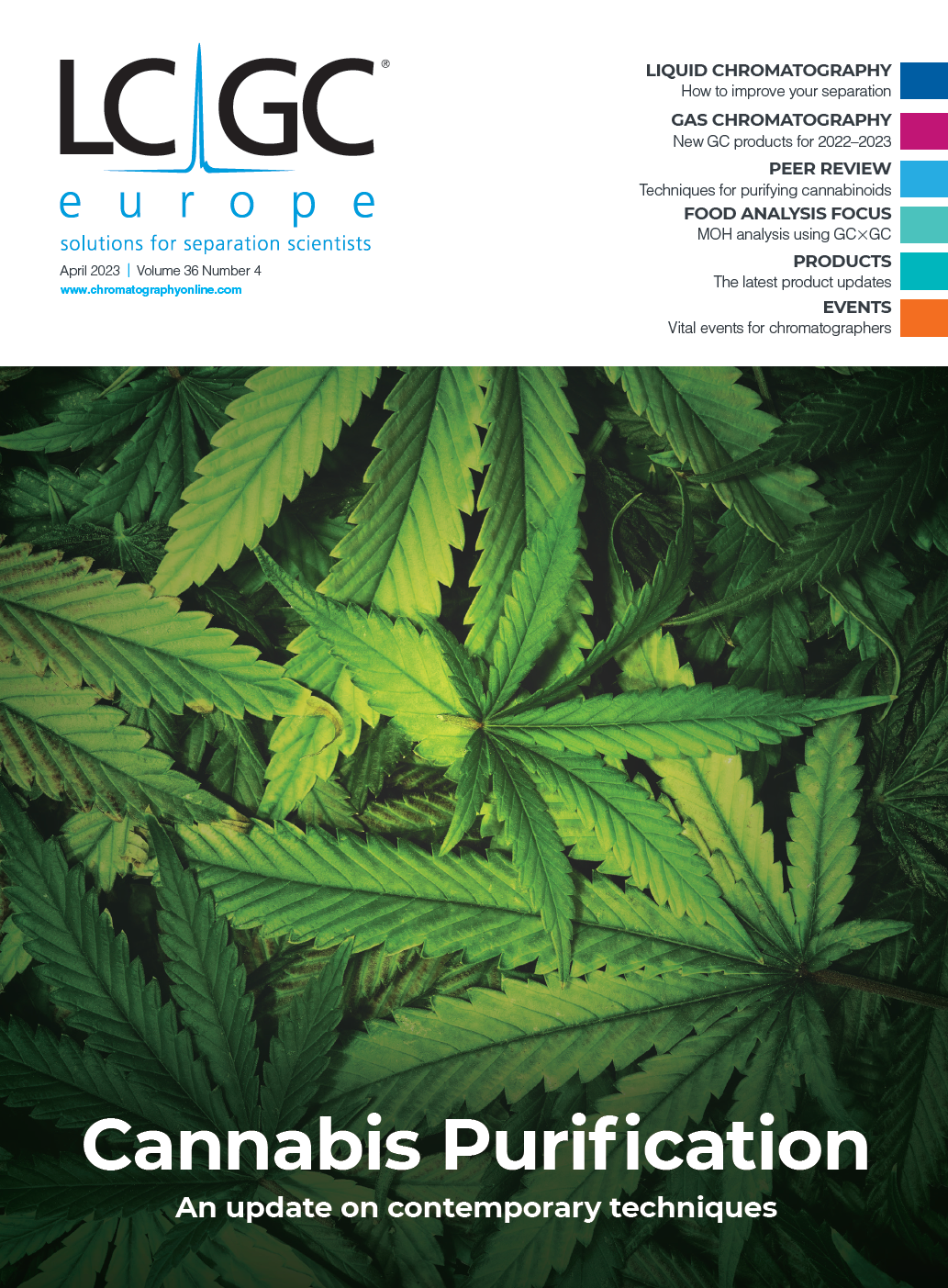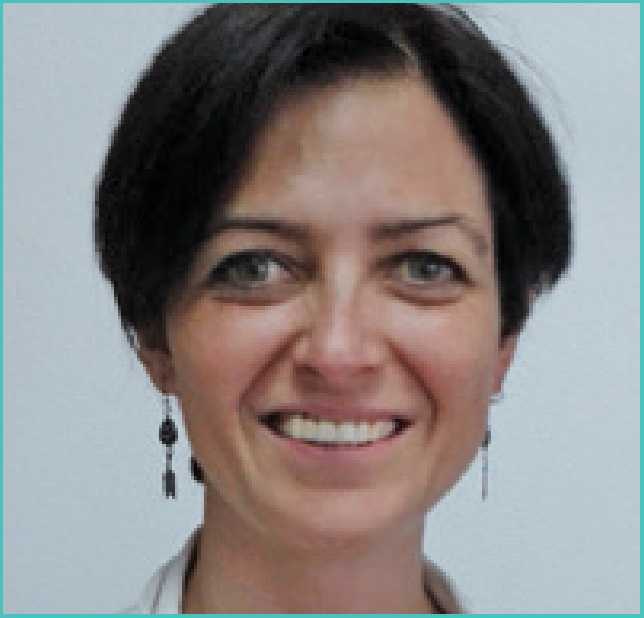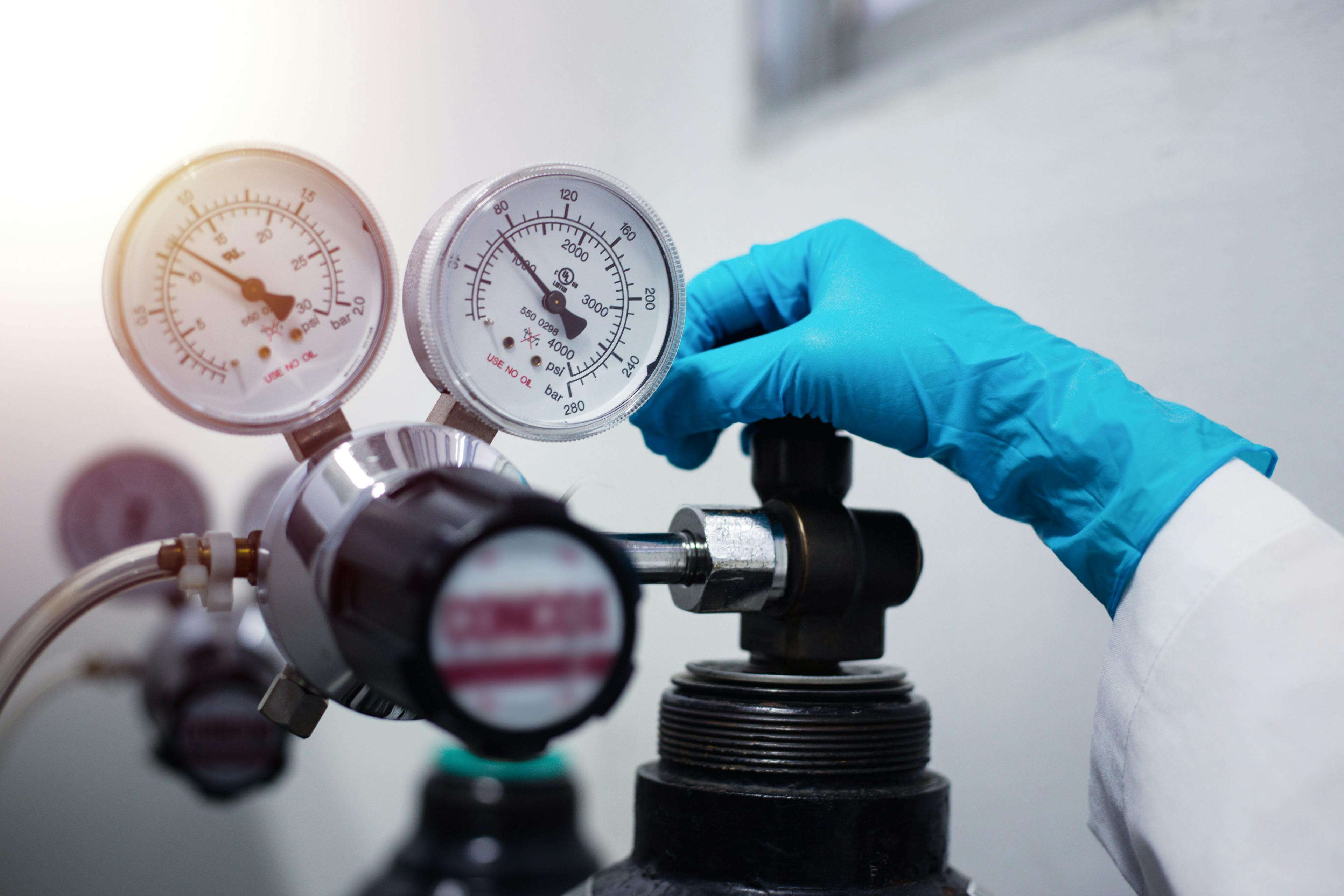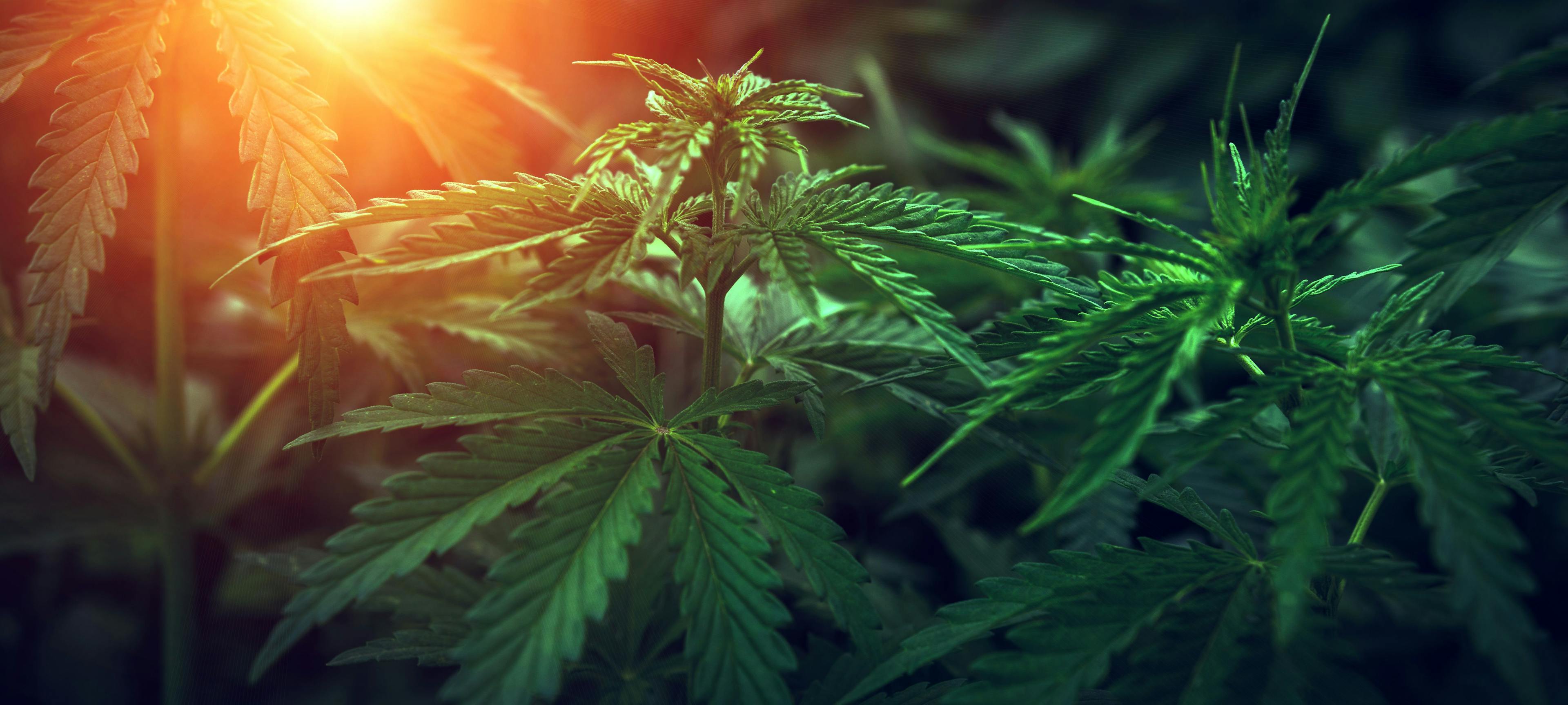The 20th International GC×GC Symposium
The Three Sisters - A Spring sunset view of The Three Sisters mountain, seen from town of Canmore, Alberta, Canada | Image Credit: © Sean Xu - stock.adobe.com

The 20th edition of the International GC×GC Symposium will take place from 28 May–1 June 2023, and will be held in Canmore, Alberta in the Canadian Rocky Mountains. Recent developments in GC×GC technology means it has never been easier to get started in this field. The conference starts with introductory and advanced GC×GC courses on Sunday afternoon, and technical content kicks off on Monday morning with the GC×GC Scientific Achievement Award from Ralf Zimmermann. The John B. Philips Award Lecture will be given on Tuesday by Chadin Kulsing. Plenary lectures will be given by Lourdes Ramos on nontarget analysis for persistent organic pollutants by GC×GC, Court Sandau on the use of GC×GC in environmental and forensic science, and Lenny Kouwenhoven, who will describe the first results on a new ASTM D8396 method for petroleum characterization by GC×GC. The rest of the technical programme features talks and posters, covering a range of GC×GC topics including fundamentals and instrumentation, applications in metabolomics, environmental analysis, forensics, foods and natural products, new data processing tools and chemometrics, as well as seminars from leading vendors. For details on registration, discussion sessions, the social programme, and more go to: www.gcxgc-symposium.com.

Detecting Hyper-Fast Chromatographic Peaks Using Ion Mobility Spectrometry
May 6th 2025Ion mobility spectrometers can detect trace compounds quickly, though they can face various issues with detecting certain peaks. University of Hannover scientists created a new system for resolving hyper-fast gas chromatography (GC) peaks.
Analytical Challenges in Measuring Migration from Food Contact Materials
November 2nd 2015Food contact materials contain low molecular weight additives and processing aids which can migrate into foods leading to trace levels of contamination. Food safety is ensured through regulations, comprising compositional controls and migration limits, which present a significant analytical challenge to the food industry to ensure compliance and demonstrate due diligence. Of the various analytical approaches, LC-MS/MS has proved to be an essential tool in monitoring migration of target compounds into foods, and more sophisticated approaches such as LC-high resolution MS (Orbitrap) are being increasingly used for untargeted analysis to monitor non-intentionally added substances. This podcast will provide an overview to this area, illustrated with various applications showing current approaches being employed.
New Method Explored for the Detection of CECs in Crops Irrigated with Contaminated Water
April 30th 2025This new study presents a validated QuEChERS–LC-MS/MS method for detecting eight persistent, mobile, and toxic substances in escarole, tomatoes, and tomato leaves irrigated with contaminated water.

.png&w=3840&q=75)

.png&w=3840&q=75)



.png&w=3840&q=75)



.png&w=3840&q=75)








